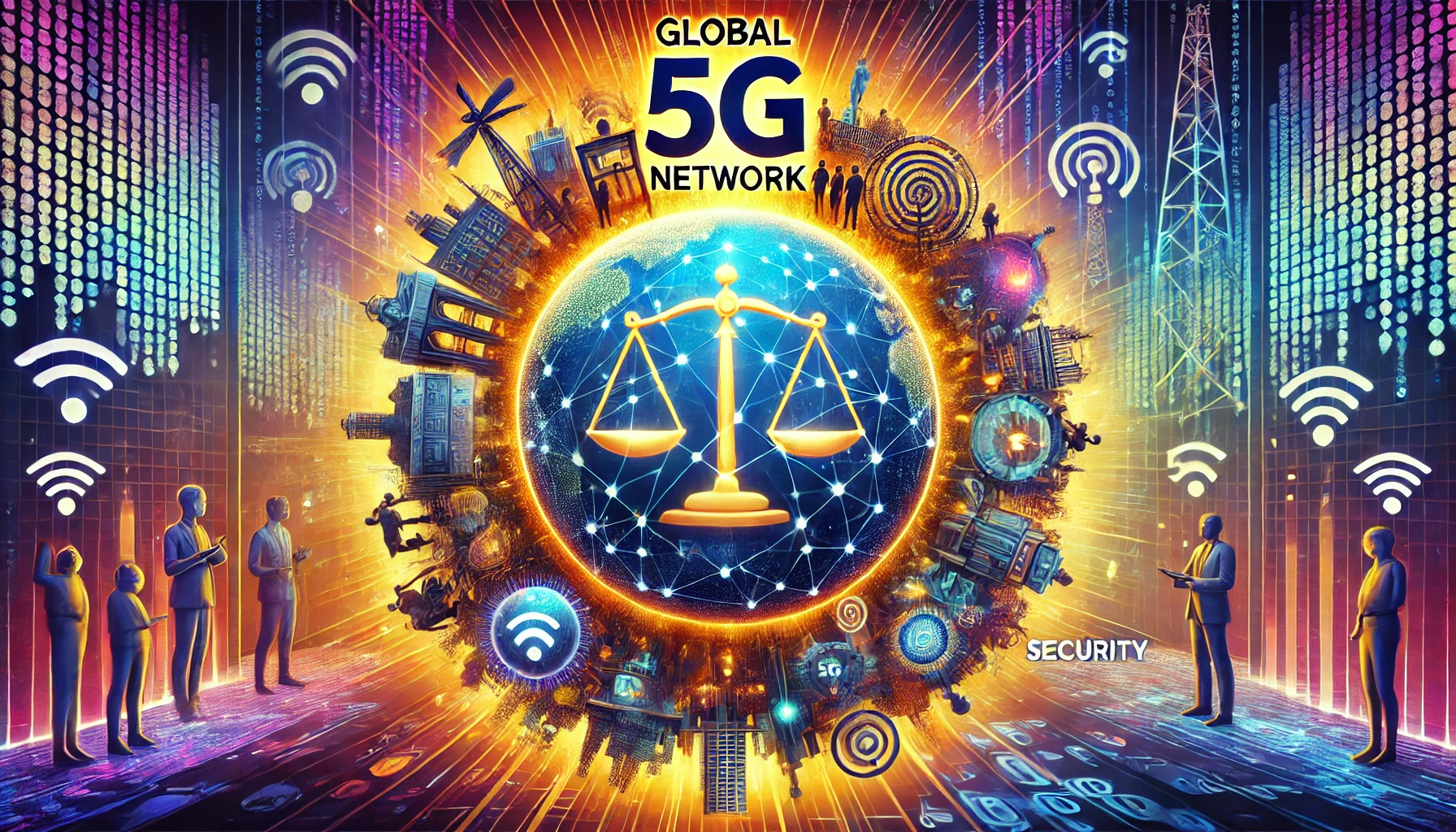The world of technology is always buzzing, but nothing has sparked more debate recently than the 5G standoff squaringthe net. If you’ve been wondering what this is all about and why it matters, you’ve come to the right place.
This article breaks down the 5G standoff in simple terms, explains what “Squaring the Net” means, and shows how it affects you, your internet, and your devices. Stick around—we’ll make sense of all the noise!
What Is the 5G Standoff?
The “5G standoff” refers to an ongoing global debate and struggle over how 5G technology should be implemented and managed. Countries, companies, and even individuals are clashing over issues like:
- Network security: Who controls 5G networks, and can they be trusted?
- Competition: Should a single company or country dominate the global 5G landscape?
- Access and equity: How can everyone benefit from 5G, not just a privileged few?
Think of it like a tug-of-war between tech giants, governments, and consumer advocates, each fighting for control of this powerful new technology. Sounds intense, right?
What Does “Squaring the Net” Mean in All This?
“Squaring the Net” is a term that highlights the need for balance in how the internet and new technologies (like 5G) are developed. It’s all about ensuring:
- Fairness: Everyone should have equal access to fast, reliable internet—not just big cities or wealthy countries.
- Transparency: Companies and governments must be clear about how they’re using 5G, especially when it comes to data collection and privacy.
- Security: 5G networks need to be protected from hackers and foreign interference, keeping users safe.
- Competition: No single player—whether it’s a country or corporation—should control 5G technology worldwide.
In short, “Squaring the Net” is about making the digital world more inclusive, secure, and fair for everyone.
Why Is There a Standoff Over 5G?
The 5G standoff exists because 5G isn’t just another upgrade—it’s a game-changer. Here’s why it’s such a big deal:
1. Blazing Speeds and Low Latency
5G offers lightning-fast internet speeds and almost no lag time. That’s great for streaming, gaming, and smart devices, but it also gives whoever controls it enormous power over communication and data.
2. Global Competition
Countries like the U.S. and China are locked in a race to dominate 5G technology. Why? Because the country that leads in 5G gains an edge in everything from defense to economics.
3. Privacy Concerns
5G networks can handle huge amounts of data. That’s a good thing for innovation but raises serious questions about how personal data is collected, stored, and used.
4. Unequal Access
Not everyone benefits equally from 5G. Rural areas, developing nations, and lower-income communities often get left behind, widening the digital divide.
How Does the 5G Standoff Impact You?
You might not be debating 5G in government meetings, but the outcome of this standoff will affect your everyday life. Here’s how:
- Better Connectivity (Eventually): 5G will make your streaming, downloads, and online gaming faster and smoother—once it’s rolled out fairly and securely.
- Cost of Internet: If one company dominates 5G, they could charge higher prices for access.
- Privacy Risks: Without strong protections, your personal data could be at greater risk of misuse.
- Job Opportunities: 5G will create new jobs in tech and communications, but only if it’s widely available.
What Needs to Happen Next?
To solve the 5G standoff and “Square the Net,” here are some key steps that need to happen:
- Global Cooperation: Countries need to work together to develop 5G standards that prioritize fairness and security.
- Regulation: Governments should regulate how 5G is implemented to protect consumers from monopolies and privacy violations.
- Investment in Access: More funding is needed to bring 5G to underserved communities, ensuring equal opportunities for all.
FAQs About the 5G Standoff and SquaringTheNet
1. What is 5G, and why is it important?
5G is the next generation of wireless technology that promises faster internet speeds, low latency, and better connectivity for devices like smartphones, smart homes, and more.
2. Why is there a standoff over 5G?
The standoff exists because of competition between countries and companies, security concerns, and the need to ensure fair access to this transformative technology.
3. What does “Squaring the Net” mean?
It’s about making 5G and other internet technologies fair, secure, and inclusive for everyone—ensuring that no one is left behind in the digital revolution.
4. How will 5G affect me?
5G will make your internet faster and more reliable, but it also raises concerns about privacy, cost, and access.
5. Is 5G safe?
Yes, 5G itself is safe, but its implementation needs to be done carefully to protect against data breaches and misuse.
Conclusion: The Future of 5G and Squaring the Net
The 5G standoff isn’t just a tech issue—it’s a global challenge that affects us all. From faster internet to smarter devices, 5G has the potential to transform our lives. But for it to truly benefit everyone, we need to “Square the Net” by ensuring fairness, security, and accessibility.
As the world moves forward with 5G, let’s hope the decisions made today pave the way for a more connected and equitable future.

